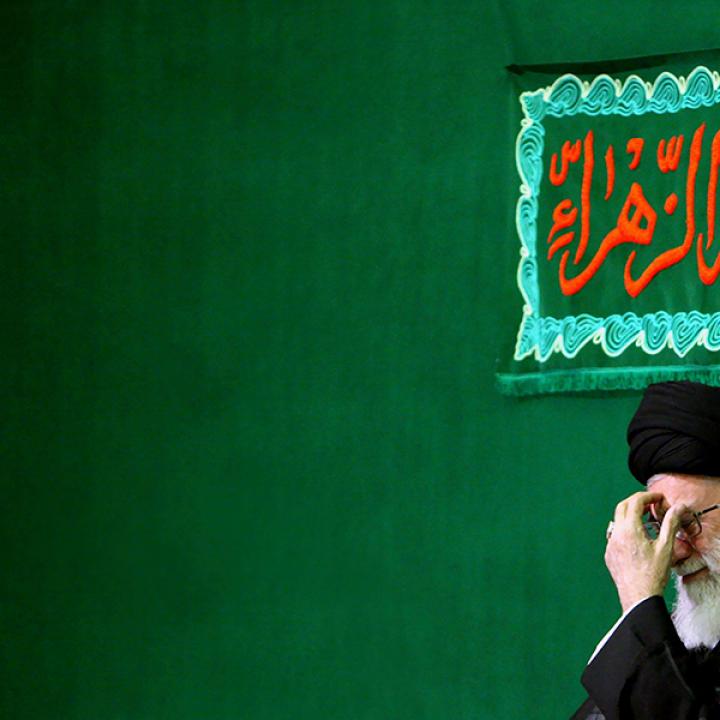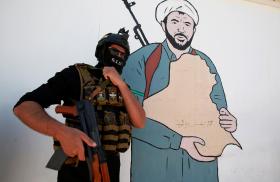
- Policy Analysis
- Articles & Op-Eds
A Nuclear Deal With Iran Will Require the West to Reevaluate Its Presumptions

It is time to press the Iranians to make the tough choices they have been unwilling to make, including through greater involvement in regional crises such as the Syria war.
After a decade of patient negotiations with Iran over its contested nuclear program, the prospects of the United States and other world powers securing a final deal are not good. The wheels of diplomacy will grind on and an extension of the talks should be granted. But it is time to acknowledge that the policy of engagement has been predicated on a series of assumptions that, although logical, have proven largely incorrect. As Washington assesses its next moves, it would be wise to reconsider the judgments that have underwritten its approach to one of its most elusive adversaries.
Two administrations -- those of George W. Bush and Barack Obama -- have relied on financial stress to temper Iran's nuclear ambitions. At its core, this policy has argued that steady economic pressure would change the calculus of the Islamic Republic, eventually leading it to concede the most disturbing aspects of its nuclear program. This was American pragmatism at its most obvious, as economics is thought to transcend ideology and history in conditioning national priorities. To be sure, the policy has not been without its successes, as it solidified a sanctions regime that compelled Iran to change its negotiating style. Still, what was missed was that the Islamic Republic is a revolutionary state that rarely makes judicious economic decisions...
Washington Post



